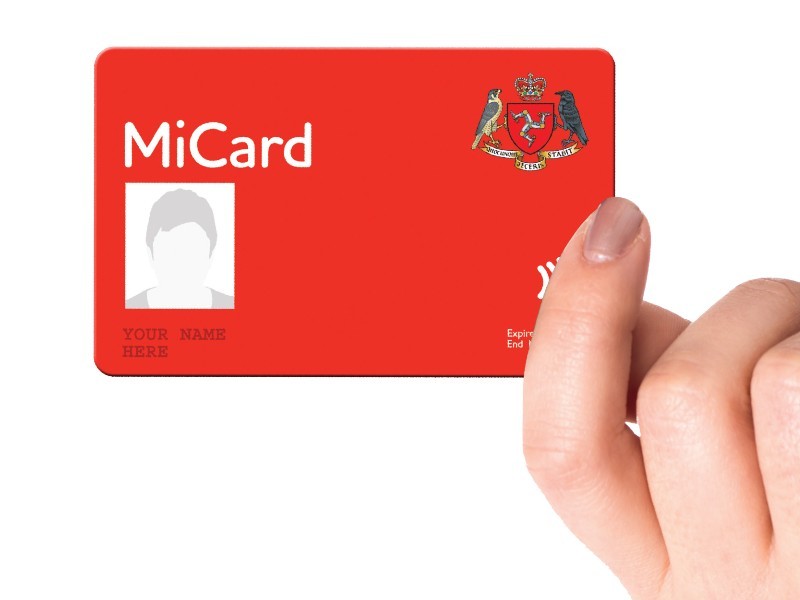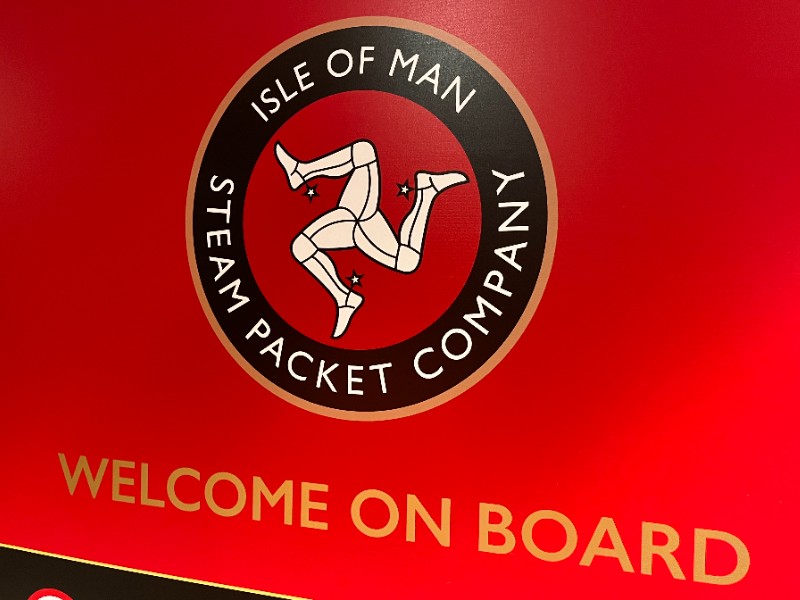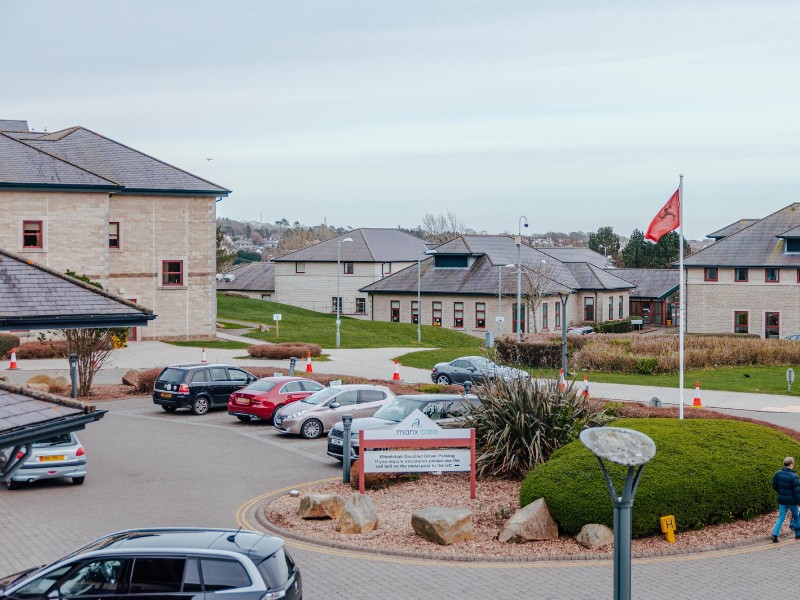
The committee has recommended government don't hike minimum wage before the next fiscal year
The Minimum Wage Committee has recommended that the minimum wage should not be increased before April 2025, following a six percent rise implemented in July 2024.
The reasons behind the recommendation include 'wider social and economic implications', with the committee arguing that the effects of the Covid-19 pandemic continue to place a significant extra burden on employers in low-paying sectors, potentially prompting attempts to reduce staffing costs.
Furthermore, the committee cites the impact on employment, inflation, costs, and competitiveness. It believes significant rises in the minimum wage above the prevailing rate of inflation would ‘inevitably promote’ a hike in prices.
The competitiveness of the Island is reported to diminish if prices and wages are too high compared to other jurisdictions.
Similarly, competitiveness within the Island is believed to decrease if low-paying sectors find themselves competing for workers with more desk-based employments.
The committee describes roles in lower-paid sectors as often involving shift work, long hours, and usually requiring physical labour. Rates of pay in these sectors are reportedly being artificially inflated at a faster rate due to the minimum wage, meaning that wages at the bottom of the higher-paid sectors are now in the same bracket.
Anecdotally, the committee was told: “I would like to increase wages for employees on benefits, but they would rather keep their allowances and have reduced working hours.”
It appears to the committee that the pressure to reduce hours is being felt by employers in three ways:
• The need to cut costs
• The need to reduce national insurance contributions
• At the request of workers unwilling to jeopardise their benefit claims
Approximately 29.6 percent of Jobseeker’s Allowance claimants were seeking work in the lowest-paid sectors as of June 2024.
However, the committee says almost 40 percent of those claiming Jobseeker’s Allowance at the end of June 2024 had left lower-paid roles.
Government's commitment to harmonising the minimum wage with the living wage was 'unanimously supported', but the committee felt the timescale for this implementation was unrealistic due to 'very high inflation' in recent years.
According to the Department for Enterprise’s Inspector, employers had informally provided feedback that the minimum wage was “too high”.
The minimum wage currently stands at £11.45 per hour for those over 18 years old. People over compulsory school age but under 18 are paid a minimum of £8.75 per hour.
The Isle of Man’s living wage is calculated at £13.05 per hour as of April 2024.
Enterprise Minister Tim Johnston said: "We acknowledge that many households and businesses are navigating significant challenges, and that it is essential to recognise that these difficulties can compound and strain budgets – both personal and business-related.
"In order to move forward, it is crucial that any proposed changes strike a careful balance which meets the needs of our community, prioritising fair wages whilst also supporting the financial stability of businesses to create a more resilient economy where everyone can thrive.
"We respect the work of the independent Minimum Wage Committee and will carefully consider how to proceed given their recommendation. I will provide a further update to Tynwald in November."


 Cocaine dealer targeted in stabbing sentenced
Cocaine dealer targeted in stabbing sentenced
 Former minister brands scrapping of MiCards 'unforgivable'
Former minister brands scrapping of MiCards 'unforgivable'
 Treasury 'content' with Steam Packet oversight arrangements
Treasury 'content' with Steam Packet oversight arrangements
 Staff at Noble's Hospital thanked for sacrificing Christmas Day
Staff at Noble's Hospital thanked for sacrificing Christmas Day
